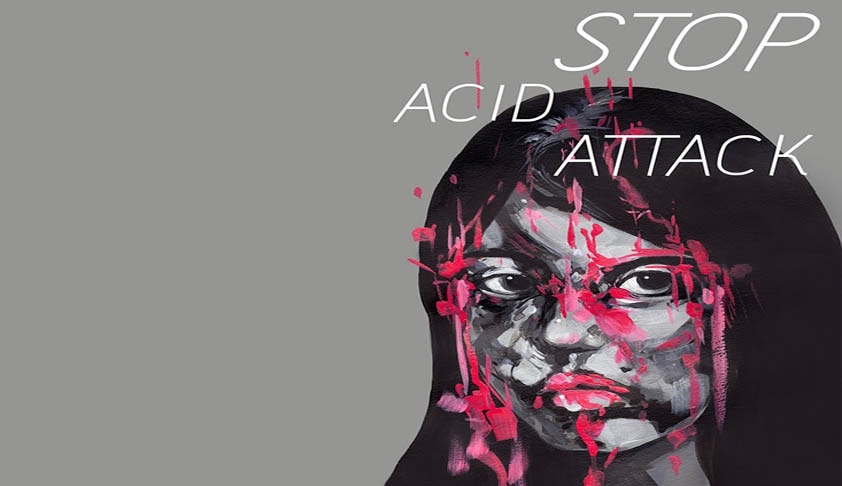Ankur Panwar Gets Death Sentence In Preeti Rathi Acid Attack Case
Vidushi Sahani
9 Sept 2016 11:46 AM IST

Next Story
9 Sept 2016 11:46 AM IST
Three years after 23-year-old Preeti Rathi succumbed to the injuries sustained in an acid attack incident, a Special Court for offences against women has accorded death sentence to Ankur Panwar after he was convicted in the case.The judgment is the first of its kind and is being seen as a legal landmark as an imposition of the most severe criminal sanction – execution - should prove to be...
